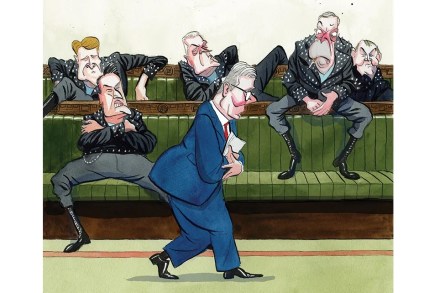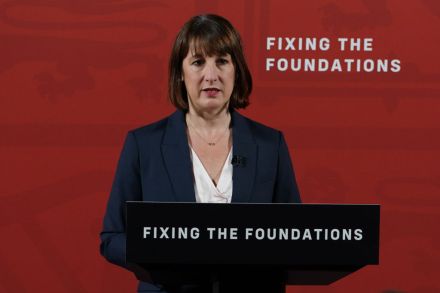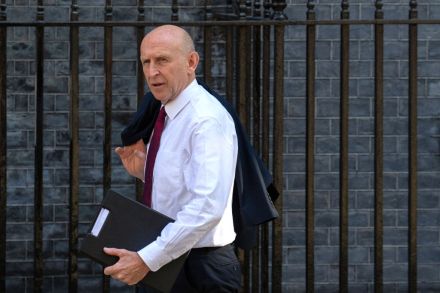Richard Burgon fails to draw a crowd at Labour conference
Oh for the days of ‘Oh Jeremy Corbyn’. It only seems like yesterday that the likes of John McDonnell and Richard Burgon were commanding impressive crowds at Labour conference. Even last year, with the Starmerites in the ascendant, Labour left events were standing room only. Now though it seems like the fire has gone out of the revolution… At a Morning Star event entitled, ‘What’s in it for the workers? Pushing a Labour government left’, it was slim pickings this morning, with stalwart of the barricades John McDonnell sending his solidarity from home after catching Covid. It was therefore left to Richard Burgon to be the red star of the show. But





















